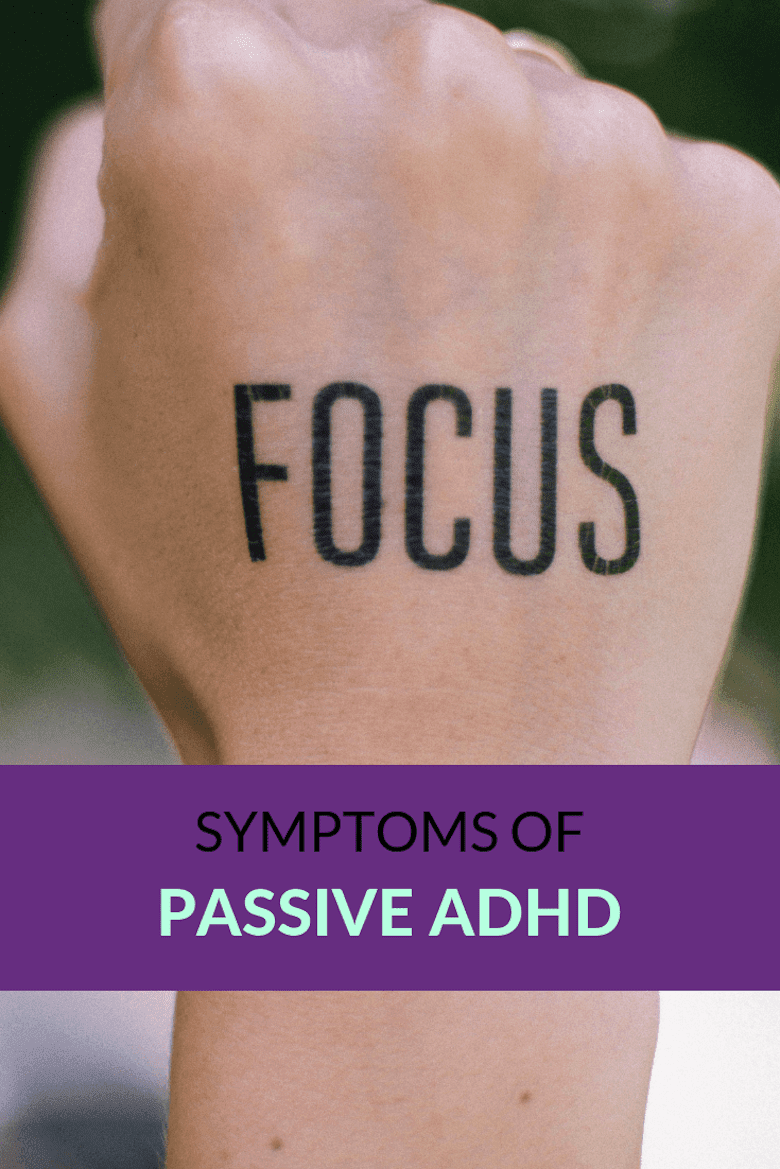
Attention deficit hyperactivity disorder, or ADHD–also known as ADD when hyperactivity is not present–is a psychiatric disorder characterized by impulsivity, hyperactivity and inattention. There are three types of ADHD, defined by which of these three symptoms the patient suffers from the most. One type, passive ADD, is also known as predominantly inattentive type, or ADHD-I. To be diagnosed as passive ADD, patients must have six of nine symptoms of inattention.
Inattention to Detail
Children with passive ADD have problems paying attention to detail. They do not double-check assignments, leading to careless mistakes. They color outside the lines and are often bad at arts and crafts. They can read books or watch movies but not remember the details of the story.
Inattention at School
Children with passive ADD can have problems knowing what to study, because they can’t distinguish relevant from irrelevant material. They may have problems with math and delays in reading and language. They may also not pay attention to the passage of time during timed tests or not pay attention when the homework assignment is posted on the chalkboard, leading to poor grades.
Doesn’t Listen When Spoken To
Patients with passive ADD may have problems maintaining eye contact. They also can be so focused on what they are going to say next so that they don’t forget, that they appear to not be listening to the person speaking to them. Passive ADD patients appear to be “daydreamers” and sometimes do not even respond when their name is shouted at them. However, if you worry that you or your child are simply not hearing what is being said, this could indicate a hearing problem. You may want to see a hearing specialist, as they can then recommend the best hearing aids according to Audiologists.
Doesn’t Finish Tasks
Children with passive ADD have difficulties following instructions and finishing tasks. This can be especially problematic at school when they are required to underline instead of circle the correct answer. A child with a high IQ but passive ADD makes frequent mistakes or skips parts of assignments even though she excels at the material.
Difficulty Organizing Tasks
Children with passive ADD have messy rooms, desks, notebooks and backpacks, due to lack of organization skills. Those with ADD are often late for appointments or deadlines because of poor time management and often have poor money management.

Avoidance of Tasks Requiring Sustained Attention
Children with passive ADD may avoid tasks that require a lot of concentration, like puzzles or crosswords, books, model sets, complicated video games or even long movies. They also avoid paperwork or applications that need to be filled out.
Loses Items Frequently
Children with passive ADD often lose items such as keys, important papers, homework and library books.
Highly Distractible
Children with passive ADD are prone to distraction. They can’t listen to music or TV while focusing on homework. In the classroom, they do not focus on the teacher because they are looking out the window at whatever is happening outside. They have a hard time playing sports because they are staring up at the clouds instead of at the baseball coming their way. Children with passive ADD may bounce from activity to activity because what’s going on next to them seems more interesting than what they are working on at the moment.
Forgetfulness
Children with passive ADD are forgetful. They forget to bring their homework or books home, forget to bring their keys or lunch to school, and leave items all over the house. They forget to turn off light switches and burners on the oven, and forget to close gates and doors. They also can completely forget birthdays, holidays and appointments.
This article, written by Dr. Michele Ross, was originally published on Livestrong.com.
Pin This Post

Share This Post





